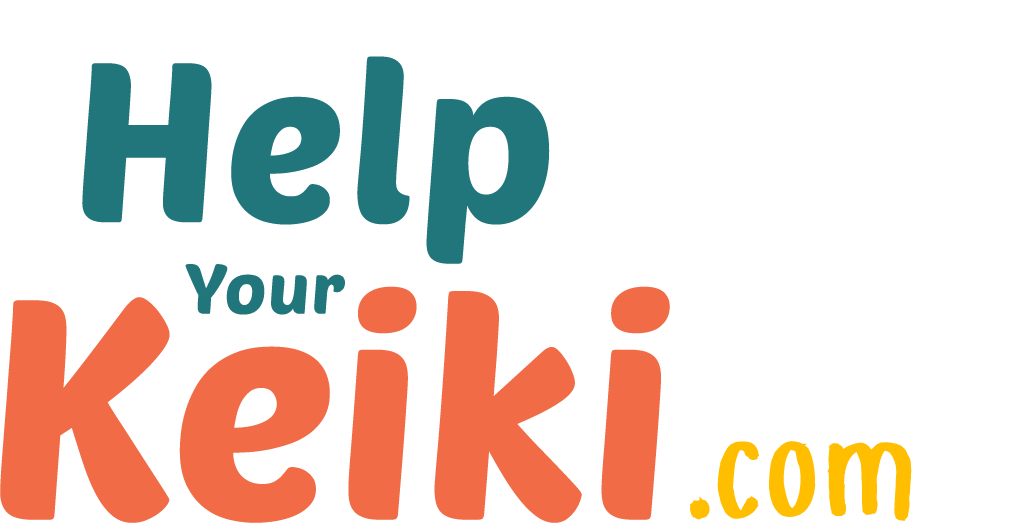Parent Education
Parent education empowers caregivers with formal knowledge and information about the problem. Information might be related to how the problem developed or what types of factors have kept the problem going. This can help the caregivers understand their roles in the therapeutic process (This technique is also known as psychoeducation-parent in psychology research literature).
Parent Education should not be confused with efforts to support parents engaging in formalized educational curriculum or school-related activities.
What should my therapist be doing?
Discussing the structure and goals of treatment sessions
Explaining the importance of your child’s confidentiality
Teaching you about the nature of your child’s mental health condition
Explaining how the proposed treatment plan will address your child’s mental health condition
Encouraging you to become involved in your child’s treatment
Providing you with realistic hope and optimism about getting better
Normalizing your child’s concerns by pointing out how others have experienced similar difficulties and have improved over time
What should I be doing?
Trying to learn about your child’s treatment plan
Actively participating in treatment sessions when possible, while respecting your child’s right to privacy
Asking questions of your therapist as needed (e.g., Will my child ever live without this condition?)
How will I know it is working?
You are better able to connect with your child throughout the course of treatment because of your increased knowledge about their mental health condition
You have hope and optimism about your child’s concerns improving
You have reduced feelings of stigma
Your child is more comfortable approaching you about their problems
Try it Yourself: How-to Guides and Other Resources
Depression Resources
Guided Self-Management Tools for Depression (Boston Children’s Hospital): See pages 2-21 for an interactive handout that helps children ages 6 to 12 and their caregivers understand and manage depression through practical, self-paced activities.
Attentional/Hyperactivity Resources
Understanding and Supporting My Child’s ADHD (ADHD Foundation): Resource booklet for parents and carers. This booklet will be useful to you whether you are just considering if your child may have ADHD or if your child received their diagnosis years ago and you are looking for a few new ideas to support them.
Specific Praise (CHADD’s National Resource Center on ADHD): See handout to learn the importance of targeted positive reinforcement in helping children develop confidence confidence, self-esteem, and motivation.





















